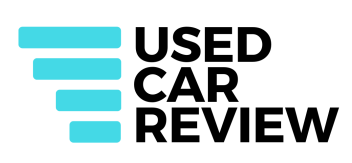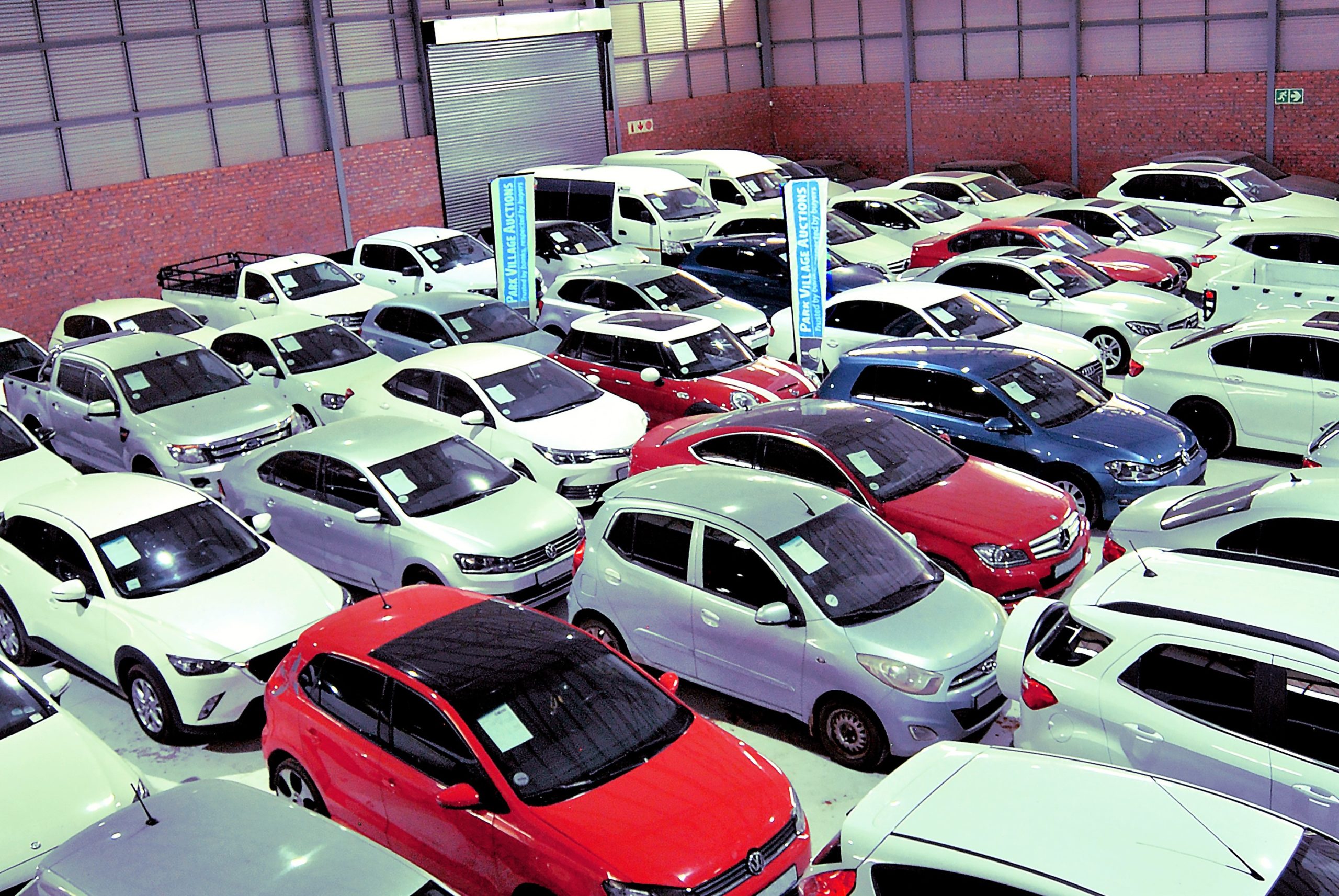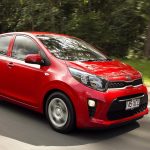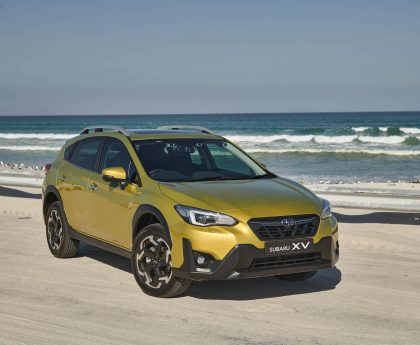From the bustling streets of Johannesburg to the serene landscapes of Cape Town, South Africa presents a vibrant market for used cars. One might stumble upon a sweet deal in the conventional dealership, but real gems can still be unearthed on the auction floor. Yes, vehicle auctions! In the wake of the COVID-19 pandemic, live auctions are making a triumphant comeback, promising some exciting opportunities for both novice and veteran buyers.
This adrenaline-fueled environment, however, isn’t without its pitfalls. It’s all too easy to become engrossed in the buzz of a live auction, eventually paying more than planned. But fear not, savvy shopper! With proper guidance and knowledge, one can navigate these waters successfully and secure an enviable deal.
Finding Hidden Treasures in Vehicle Auctions
So, why consider vehicle auctions? Simply put, it’s the thrill of the hunt. Auctions are often brimming with an array of bank-repossessed vehicles, which means it’s possible to snag a high-quality car at a price significantly lower than market value. Plus, these cars come unencumbered, free of debt, providing peace of mind for potential buyers.
Banks such WesBank and ABSA are leading suppliers of repossessed vehicles for auction, providing comprehensive catalogues that are updated weekly. Potential buyers can find the nearest auction center and peruse through a myriad of options while keeping an eye out for any last-minute changes to the catalogue. Remember, auctions are live events, and it’s not uncommon for vehicles to be added or removed without notice.
Navigating the Auction Process
Of course, any successful bidder must understand the auction process. Every intending bidder is required to register before the auction and provide identification documents and proof of residence. Any bid taken from an unregistered person will be invalid. Further, a refundable deposit (usually in the region of R5,000) is to be lodged upon registration, which can be forfeited if a purchase is not paid for.
As the auction unfolds, the highest accepted bidder will be the purchaser. It’s essential to be aware that the auctioneer has the right to demand payment immediately after each sale and may put the goods up for sale again if not paid. Moreover, a sale by auction is deemed complete once the auctioneer announces its completion. Until then, a bid can be retracted. Don’t forget that when you’re bidding you must factor into your price the auction fees and VAT.
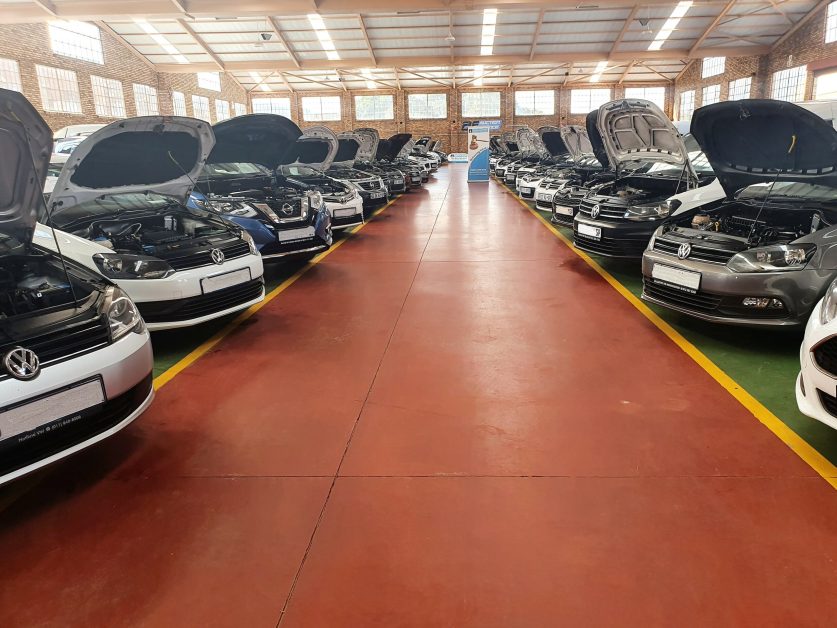
Unraveling Auction Fees and Tax Implications
Securing a great deal at an auction is undoubtedly exhilarating, but before getting caught up in the thrill, it’s essential to understand the financial obligations that come with it. Apart from the hammer price (the price at which a car is sold at the auction), there are additional costs, such as auction fees and taxes, to take into account.
Auction Fees: The Cost of Doing Business
Auction houses typically charge a buyer’s premium, which is a fee calculated as a percentage of the winning bid price. This percentage varies between auction houses, so it’s crucial to ask about it in advance. In addition to the buyer’s premium, there might be an administration fee, registration fee, or other costs associated with preparing the vehicle for auction.
Remember that these fees are often subject to VAT, adding an extra layer to the overall costs. It’s always a good idea to factor in these additional charges while setting your bidding limit to avoid overshooting your budget.
Tax Considerations: Don’t Forget the VAT
In South Africa, Value Added Tax (VAT) is payable on goods sold at auction, including vehicles. The VAT is typically levied at a standard rate, currently 15% as of my knowledge cutoff in September 2021. This tax is usually calculated on top of the hammer price and the buyer’s premium.
While the VAT might seem like an extra burden, it’s important to remember that it’s a standard part of transactions within the country. Keep in mind that this tax is ultimately passed on to the South African Revenue Service, not kept by the auction house.
In terms of other taxes, if you’re purchasing a car for personal use, you usually don’t have to worry about income tax implications. However, if you’re buying to resell or use in a business, different rules apply, and you might be able to claim certain deductions or have to pay tax on profits from a resale. It’s always recommended to seek advice from a tax professional to understand your obligations fully.
Inspect, Assess, and Make the Right Decision
Before going hammer and tongs at an auction, always visit the auction center and inspect the cars you’re interested in. Bear in mind that goods sold at auctions are sold “as is,” and the seller has no obligation to repair any defects. Therefore, performing a thorough check on the vehicle before placing a bid is vital.
Ensure you scrutinise the exterior and interior of the vehicle, check the engine, and look out for any signs of damage, rust, or leakage. Even the tyres are worth a look – they can reveal a lot about a car’s mileage and alignment. It’s also worth checking the car’s documents and service history. This pre-auction inspection can save you from future headaches and unexpected repair costs.
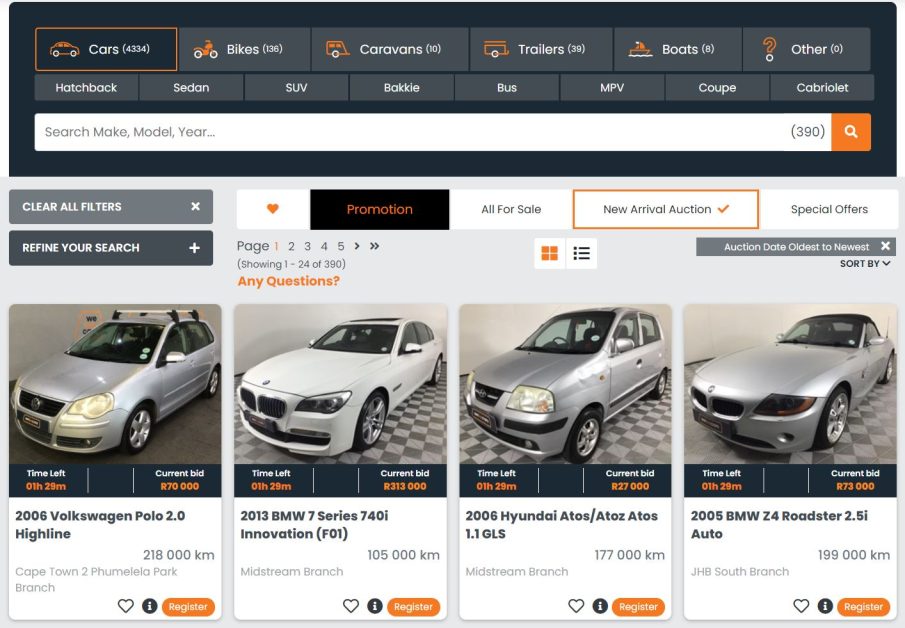
Safety First: Beware of Scammers
While auctions offer a fair playing field for bidders, they are not immune to opportunists and fraudulent activities. Be wary of deceptive pages on Facebook Marketplace, social media platforms, or websites posing as auctioneers. Banks only advertise their vehicles through official channels and reputable, registered auction houses.
Comfortable at Home? Try Online Auctions
If the intensity of a live auction feels overwhelming, you’re in luck. Most auction houses continue to offer online auctions, providing the comfort and convenience of bidding from home. The registration process mirrors that of the live auctions, and pre-bidding or maximum bids can be placed in advance.
Auctions, both live and online, can be your pathway to owning a quality used car at an affordable price in South Africa. And with careful planning, research, and vigilance, you can turn this thrilling experience into a successful venture. Happy hunting!
